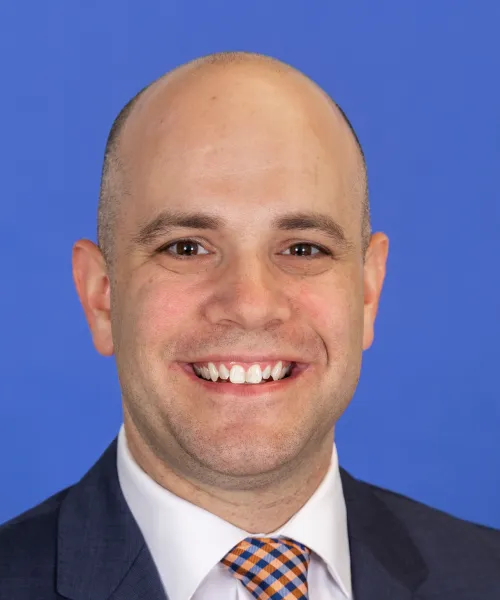
Keeping Wrestlers on the Mat: A Quick Guide to Skin Infections
Written by: Dr. David Lessman
A Quick Guide to Skin Infections
Wrestling season brings constant skin-to-skin contact, making athletes vulnerable to skin infections. Parents and athletes, it's important to pay close attention - these infections are unfortunately very common, but with proper education, they can be prevented. If caught early, they are very treatable, allowing wrestlers to get back to their best performance on the mat.
Let's take a closer look at some common skin infections in wrestling and the best ways to prevent and manage them.
TINEA CORPORIS (RINGWORM)
Despite its name, ringworm does not involve an actual "worm." This fungal infection can occur anywhere on the body, but it is most commonly found on the head, neck, and arms of wrestlers.
Ringworm thrives in warm, moist environments and is often transmitted through contact with infected individuals or contaminated items like clothing, combs, towels, and wrestling mats. It typically presents as a red, scaly, itchy, raised rash with central clearing. Most cases are minor and can be treated with over-the-counter topical antifungal medications.
In order to return to wrestling, there must be documentation from a physician of at least 3 days (72 hours) of treatment with a topical antifungal or oral if widespread or involving the scalp. After 72 hours of treatment, the rash is no longer contagious but must be covered with competition. It is essential to continue applying the medication twice daily for seven days after the rash has resolved to prevent recurrence.
IMPETIGO
Impetigo is a highly contagious bacterial infection that causes honey-crusted, weepy lesions on the skin. Methicillin-resistant Staphylococcus aureus (MRSA) is an increasingly common cause of impetigo. This infection often occurs at sites of preexisting wounds or skin trauma and may also develop as a secondary complication of a viral infection.
Treatment involves a prescription topical ointment applied three times daily for 10 days. In more severe cases, an oral antibiotic may be necessary.
Active lesions may NOT be covered to participate. To return to wrestling, athletes must provide documentation of:
At least 72 hours of antibiotic treatment
No new lesions in the past 48 hours
No drainage from the wound
HERPES GLADIATORUM
This condition, caused by the herpes virus, is found on the face and neck in 73% of cases and is spread through direct skin-to-skin contact. The rash appears as a cluster of fluid-filled vesicles with redness at its base and may be accompanied by symptoms such as a rash and swollen lymph nodes.
Prompt treatment is crucial to shorten the duration of symptoms. Athletes must provide documentation of at least five days (120 hours) of oral antiviral treatment. Lesions must be fully crusted over before returning to practice or competition. Lesions may NOT be covered.
PREVENTION IS KEY: HOW TO PROTECT ATHLETES
Preventing skin infections requires proactive steps. Parents, coaches, and athletes should focus on:
Showering after practice: Use antibacterial soap immediately after workouts
Washing gear regularly: Clean practice clothes and equipment after each use
Avoiding shared items: Don't share towels, equipment, or other personal items
Sanitizing facilities: Keep locker rooms, weight rooms, and wrestling mats clean
Checking for skin rashes: Regularly inspect athletes for any signs of infection
Being proactive: Identify and address rashes or other skin issues as early as possible
By taking these measures, athletes can reduce the risk of skin infections and stay healthy throughout the season.

Dr. David Lessman is a fellowship-trained, board certified, non-operative Sports Medicine physician and a Seattle Met Top Doctor. With years of experience treating athletes of all ages, he is passionate about helping wrestlers stay healthy and perform at their best.
To learn more about Dr. Lessman and his approach to care, visit his page here. If you have concerns about skin infections or need further guidance, don't hesitate to schedule a consultation. Together, we'll help you stay focused on your goals and ready for success on the mat.